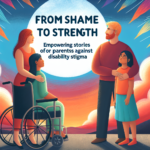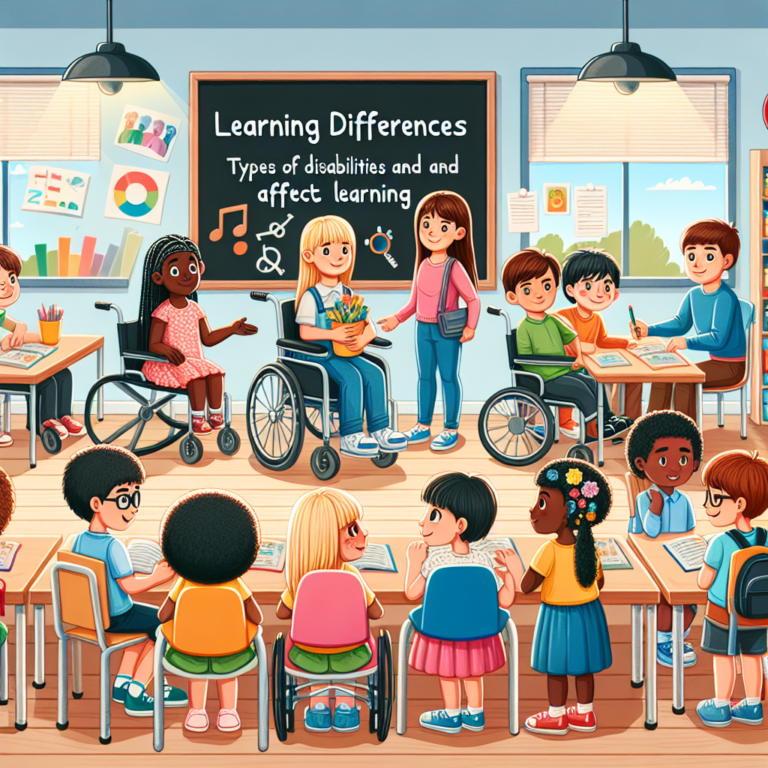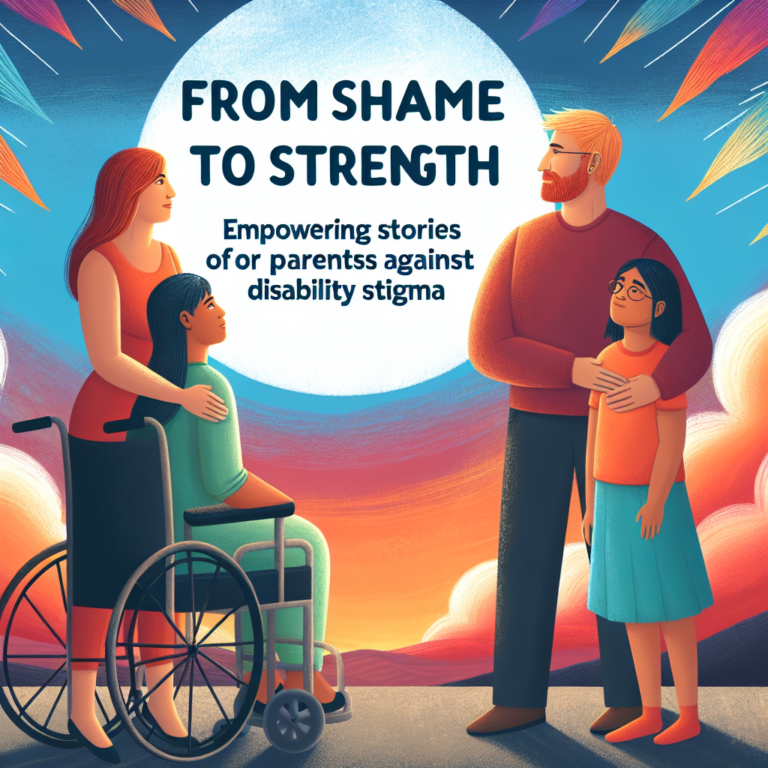
Introduction
In a world where career options abound yet clarity often eludes, the journey of career navigation can feel overwhelming. Whether you’re a fresh graduate, a professional seeking change, or someone wanting to rediscover their purpose, understanding how to effectively navigate your career path is essential. This article, Navigating Career Paths: A Comprehensive Guide to Vocational Assessment, aims to empower you with the insights, strategies, and tools to make informed career decisions.
Vocational assessment can illuminate your unique skills, interests, and values, offering a roadmap to the career you truly desire. As we delve into this comprehensive guide, we will explore various aspects of vocational assessment, providing real-world applications, case studies, and even actionable steps to guide you on your journey.
Understanding Vocational Assessment
What is Vocational Assessment?
At its core, vocational assessment involves various methods and tools used to understand an individual’s work-related skills, interests, and potential career paths. It can include personality tests, skill assessments, and interest inventories. These assessments offer valuable insights that can guide your decision-making process when it comes to choosing or changing careers.
Why Vocational Assessment Matters
Effective vocational assessment can have lasting effects on career satisfaction and success. With accurate data on your strengths and preferences, you can:
- Make informed career choices
- Align your career with your personal values
- Enhance job satisfaction
- Boost workplace performance
The Components of Vocational Assessment
1. Personality Tests
One of the most well-known types of vocational assessment is the personality test. Tools like the Myers-Briggs Type Indicator (MBTI) or the Big Five Personality Test provide insights into your personality traits, helping you understand how they align with various career options.
Case Study: Sarah’s Journey with MBTI
Sarah, a recent college graduate, took the MBTI assessment and discovered she is an ENFP (Extraversion, Intuition, Feeling, Perceiving), which is associated with creativity and empathy. She learned that careers in counseling or creative fields would fit her better than traditional corporate roles. By understanding her personality, Sarah felt confidence in pursuing a career in human resources, which ultimately led to job satisfaction.
2. Skill Assessments
Skill assessments identify what you can do—your competencies and capabilities. These can range from technical skills to soft skills. Online platforms often provide these assessments, offering test and feedback.
Table 1: Skill Assessment Tools
| Tool Name | Focus Area | Best for |
|---|---|---|
| O*NET Online | Occupational Skills | Career exploration |
| Skills Matcher | Job Skills | Job seekers |
| Career Aptitude Test | Personality & Skills | Guidance for students |
3. Interest Inventories
Interest inventories like the Strong Interest Inventory help to match your interests with potential career fields. These assessments can guide you toward roles that resonate with your passions.
Case Study: Tom’s Interest Inventory
Tom, a man in his 30s, completed an interest inventory that revealed a strong inclination toward teaching and writing. With newfound insight, he transitioned from a corporate job to becoming a high school English teacher. Tom’s story exemplifies how vocational assessments can lead individuals toward fulfilling careers.
How to Navigate Your Career Path
1. Self-Reflection
Before diving into assessments, take time for self-reflection. What do you enjoy? What are your values? Understanding yourself is crucial for effective career navigation.
2. Choosing the Right Assessment
Selecting the right vocational assessment can make all the difference. Here are factors to consider:
- Purpose of assessment (career change, job search, etc.)
- Type of feedback you wish to receive
- Availability of resources
3. Seeking Professional Guidance
Sometimes, working with a career counselor can enhance your vocational assessment journey. They can help interpret results and provide actionable steps.
4. Create an Action Plan
After assessments, it’s vital to develop a comprehensive action plan. This might include:
- Setting short- and long-term career goals
- Networking strategies
- Professional development opportunities
Case Study: Lisa’s Action Plan
Following her assessments, Lisa armed herself with a career action plan that included networking events, applying for various job openings, and volunteering in her desired field. Within six months, she transitioned from an administrative role to a fulfilling career as a marketing specialist.
Building Your Career Network
1. The Importance of Networking
Networking is a critical component of navigating career paths. Building professional relationships can open doors to opportunities that you might otherwise not encounter.
2. How to Build Relationships
- Attend Industry Events: Conferences and seminars provide ideal networking environments.
- Utilize Social Media: Platforms like LinkedIn allow you to connect with professionals in your field.
- Join Professional Organizations: Becoming a member of industry-specific groups can provide networking opportunities and resources.
Additional Resources for Career Navigation
1. Online Platforms
Many online resources facilitate career exploration, offering assessments, job postings, and networking opportunities. Here are some popular choices:
- Glassdoor
- Indeed
2. Workshops and Seminars
Attend workshops and seminars to deepen your understanding of your chosen field and meet others with similar career interests.
Conclusion
As we conclude our journey through Navigating Career Paths: A Comprehensive Guide to Vocational Assessment, it’s important to remember that the vocation you choose significantly impacts your happiness and fulfillment in life. By utilizing vocational assessments to gain insights into your personality, skills, and interests, you can carve out a career path that aligns with your unique strengths and aspirations.
Key Insights to Take With You
- Self-Reflection is Key: Know your values and interests.
- Choose Assessments Viewpoint: Different assessments serve different purposes; select what fits your needs.
- Professional Help Can Enhance Your Journey: Don’t hesitate to seek guidance from career professionals.
- Networking is Essential: Build relationships that can open doors for your career.
- Continued Development: Pursue professional development opportunities to stay relevant in your chosen field.
Embark on your career journey with confidence, armed with the knowledge and tools to navigate your path effectively!
FAQs
1. What is the best assessment for finding a new career?
The best assessment varies by individual, but a combination of personality tests and interest inventories often provides a comprehensive view.
2. How long do vocational assessments take?
Most assessments take anywhere from 30 minutes to a couple of hours, depending on the tool used and the depth of evaluation.
3. Can vocational assessments predict job success?
While they provide valuable insights, assessments cannot guarantee job success; they are tools that aid in understanding one’s strengths and preferences.
4. How often should I take a vocational assessment?
Consider taking assessments every few years or when you experience significant life changes, such as a career shift or returning to the workforce.
5. Do employers look at vocational assessments?
While not typically a standard part of job applications, some employers might find vocational assessments useful, especially in fields reliant on specific skills and personality traits.
This guide on Navigating Career Paths: A Comprehensive Guide to Vocational Assessment aims to empower you with the tools necessary for effective career navigation. Take your first step today!













